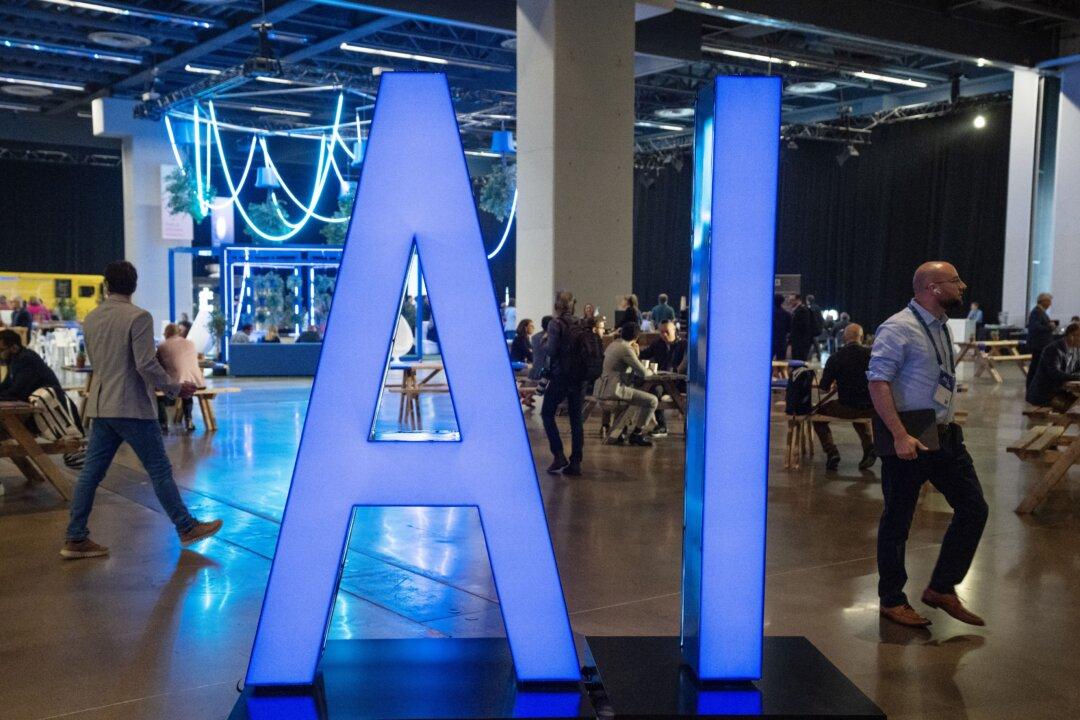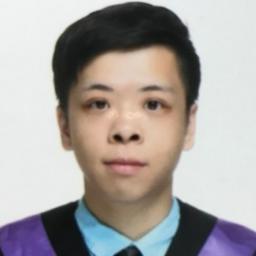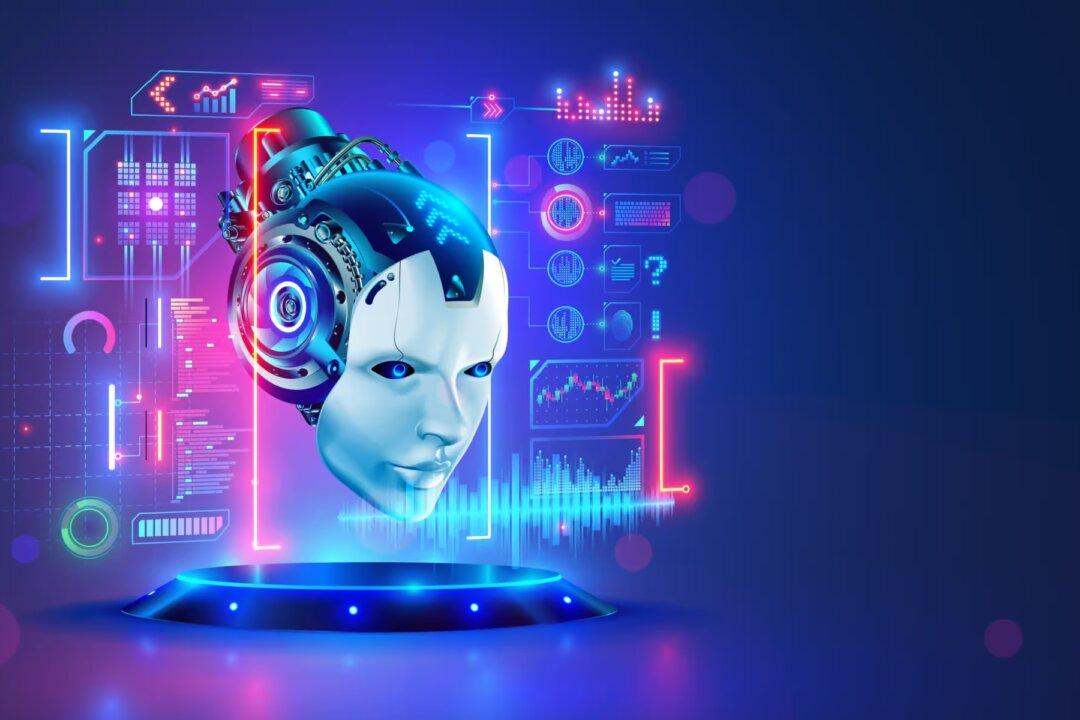News Analysis
Artificial Intelligence (AI) and quantum technologies have revolutionized our modern era, and many countries are competing for breakthroughs in their use in the military, encryption of communications, and the wider economy. However, such rapidly advancing technologies also come with significant risks and concerns.





